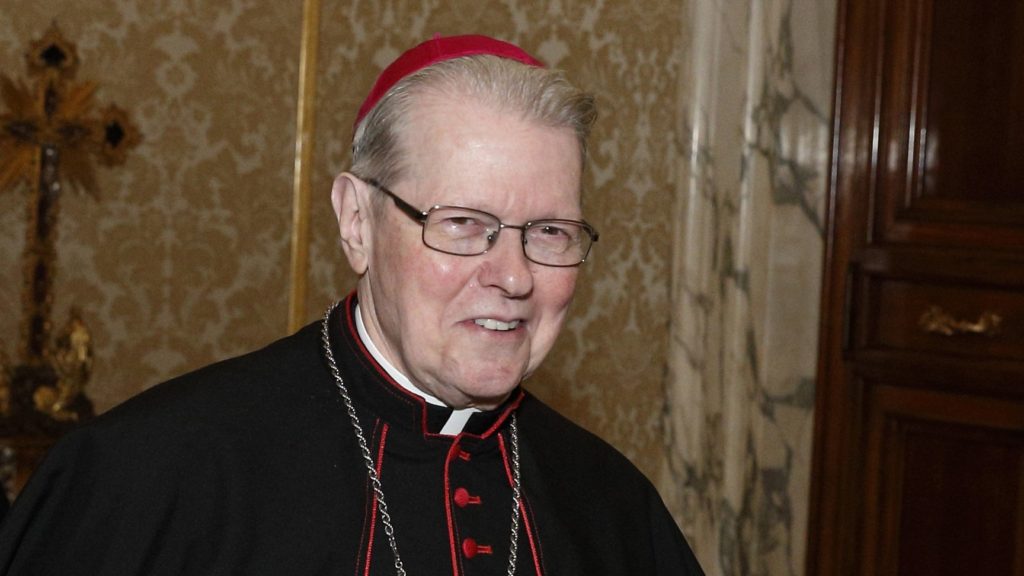The Diocese of Albany, New York, announced March 15 that it has filed for bankruptcy reorganization under Chapter 11 of the U.S. Bankruptcy Code.
According to a message from Bishop Edward B. Scharfenberger that was posted on the diocesan website, the decision is "the best way" to ensure that sexual abuse survivors with pending litigation against the diocese "will receive some compensation" amid what he called the diocese's "limited self-insurance funds which ... have been depleted."
"We don't have the resources anymore," said the bishop in a separate, four-minute YouTube message embedded on the website.
In its official statement, the diocese said it has been "named in more than 400" lawsuits filed between Aug. 15, 2019, and Aug. 14, 2021, under the Child Victims Act (CVA).
Passed by the New York Senate and signed into law in 2019, the CVA extended the state's former statute of limitations by granting a one-year look back for time-barred civil claims to be revived, giving survivors until age 28 to press charges for felonies and age 25 for misdemeanors, and allowing survivors up to age 55 to bring lawsuits.
The diocese said it "has separately settled more than 50 CVA cases" with the court's assistance. The Chapter 11 filing will cease debt collection and legal action against the diocese so that it can work to assess its available assets for "(negotiating) reasonable settlements with victim/survivors in addition to other creditors."
The diocese also said its parishes and Catholic schools are not part of the filing, since they are separately incorporated under the state's Religious Corporations Law. Diocesan and parish ministries are expected to continue throughout the reorganization process, which has "no timeline" for conclusion and could potentially extend "for several years," based on the filings by other dioceses in New York state and throughout the U.S., the diocese said.
The filing places a hold on lawsuits filed against the diocese on behalf of more than 1,100 former employees of the former St. Clare's Hospital in Schenectady. In 2019, New York Attorney General Letitia James sued the Albany Diocese for "negligent and intentional actions" that deprived the plaintiffs of their pensions by removing the plan from federal protections and failing to safeguard it. That suit was merged in December 2022 with a separate one filed by the AARP Foundation in 2019 on behalf of the employees.
In his written message, Bishop Scharfenberger said the hold on the suits "was not our purpose" in seeking the Chapter 11 filing.
"While many questions remain regarding the St. Clare’s pension fund, the plight of the pensioners is of great concern to me," he said. "The St. Clare’s pensioners are certainly close to my heart and, as I would do with anyone in a difficult situation, I offer my pastoral care."
He added in his video message that "our questions remain as to how the pension failed," and that "the diocese does not have the means to restore the pension."
In both his written and recorded messages, Bishop Scharfenberger apologized to victims and survivors of clerical abuse in the diocese.
"I am deeply sorry that anyone suffered abuse in the church. I cannot take away those memories and that pain," he said in his video. "I have promised and am committed to walking with you on the road to healing. That involves more than any financial settlement. You do not have to walk alone."
In his video message, the bishop invited diocesan faithful experiencing "fear and uncertainty" amid the filing to recall that "Jesus struggled too in the Garden of Gethsemane," but "walked forward into the fear and then through the fear."
"Healing is possible, but only if we are willing to right the wrongs done in the past," said Bishop Scharfenberger. "Help those who were hurt to heal and trust God to guide us."

